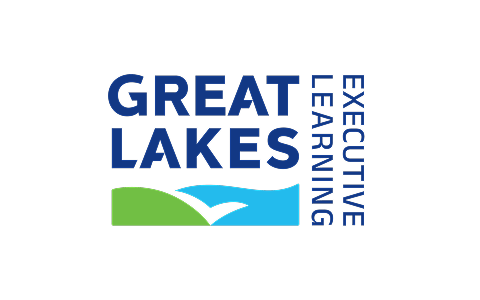- Great Learning
- Free Courses
- Management
Free Basic Accounting Course with Certificate
Basic Accounting
Enroll in this Basic Accounting course to learn to record, summarize, analyze and report financial data pertaining to businesses. Understand the significance of income tax and monitoring transactions online for free.
Instructor:
Madhur SinghModules updated 07/2025
Basic Accounting
97.7K+ learners enrolled so far
Stand out with an industry-recognized certificate
10,000+ certificates claimed, get yours today!
Get noticed by top recruiters
Share on professional channels
Globally recognised
Land your dream job

Skills you will gain
Dual entry concept
Accounting cycle
Matching concept
Separate entity concept
Balance sheet
Cash flow statement
Income statement
+2 More
Key Highlights
Get free course content
Master in-demand skills & tools
Test your skills with quizzes
About this course
This free online Accounting course is designed to enrich your knowledge about systems for gathering, evaluating, and reporting information about financial and business transactions. The course begins with explaining accounting and then continues with book-keeping and record-keeping concepts of accounting. You will learn to track transactions, report them, and be knowledgeable about the accounting cycle. Complete the assigned exercises to earn the Basic Accounting certificate upon successfully completing the course.
After this beginner-level, self-paced Basic Accounting course, expand your knowledge with the Management Certificate Courses and earn industry-relevant skills to elevate your contribution to your organization.
Course outline
What is Accounting?
This section discusses the basics and different types of accounting. It also covers different stakeholders involved in accounting.
BookKeeping
This section discusses what bookkeeping is and points out to the importance of doing it systematically. It also covers different types of bookkeeping practices.
Record keeping system
This section explains the logical approach to maintaining records within the organization. It discusses various elements in the record-keeping system with examples.
Tracking Transactions
This section covers the practices to track transactions and the involvement of sales tasks in cash flow. It also discusses various elements that complete transactions.
Reporting Transactions
This section explains the concepts of the balance sheet, income statement, and balance statement. It also demonstrates the approach to maintaining accounts through these practices.
Accounting Concepts
This section explains separate entities, going concern, double entry, and matching concepts in accounting with examples.
Accounting Cycle
This section defines the accounting cycle and explains the collection of transactions, recording journals, positioning ledger accounts, trial balance, adjusting entities, preparing financial statements, and closing entities phases.
Get access to the complete curriculum once you enroll in the course
Stand out with an industry-recognized certificate
10,000+ certificates claimed, get yours today!
Get noticed by top recruiters
Share on professional channels
Globally recognised
Land your dream job

Basic Accounting

2.25 Hours
Beginner
97.7K+ learners enrolled so far
Get free course content
Master in-demand skills & tools
Test your skills with quizzes
Our course instructor

Madhur Singh
Career Growth Expert
Management Expert
Frequently Asked Questions
Will I receive a certificate upon completing this free course?
Is this course free?
What prerequisites are required to learn this online Accounting course?
The free Accounting course requires you to have no prior knowledge of anything. The course caters to everybody looking to learn Accounting from basics to advance concepts.
How long does it take to complete learning this free online Accounting course?
The course contains one and a half hours of video content that you can finish at your own convenience. Great Learning Academy courses are self-paced and can be finished whenever you get time.
Will I have lifetime access to this free course?
Yes, the Great Learning Academy free course comes with lifetime access. Any learner who wants to brush up on their skills can revisit and take the course again.
What are my next learning options after this course?
After you complete this free online Accounting course and excel with the certificate, you can progress your learning through Great Learning’s Executive Management Program, which covers all the essential skills to build one’s career.
Is it worth learning Accounting?
Yes, Accounting is an essential part of every organization. Financial statements are more trustworthy because of accounting principles.
What is Accounting used for?
Accounting organizes the data into an understandable format, showing the outliers, and assisting in managing finances within your organization. Recording and reporting a company's financial transactions, financial performance, and cash flows is accounting's primary objective.
Why is Accounting so popular
Accounting is a vital practice to running any business because it makes it simpler to keep track of a company's income and expenses, ensures legal compliance, and provides access to quantitative financial data that may be used by investors, management, and the government to make choices.
What jobs demand that you learn Accounting?
- With expertise in Accounting, you can land in jobs like:
- Chartered Accountant
- Chartered Management Accountant
- Chartered Public Finance Accountant
- Company Secretary
- External Auditor
- Forensic Accountant
- Stockbroker
Will I get a certificate after completing this online Accounting course?
Yes, once you finish the course modules, you can take the quiz that will reward you with Basic Accounting certificate. The certificate showcases your skills and imparts value to your professional career.
What knowledge and skills will I gain upon completing this free Accounting course?
You will be able to record, manage, and track financial information within your organization. You will also be able to maintain a ledger and be aware of the accounting cycle after completing this free Accounting course.
How much does learning this Accounting course cost?
The course is entirely free of cost. So any learner can enroll in this course and start learning different concepts in Accounting and the practices to manage them.
Is there a limit on how many times I can take this Accounting course?
No, the course doesn’t set any limit to taking it. Learners can take this course as many times as they want. Hence, whenever you feel like revising your learnings, you can revisit the course and start learning again.
Can I sign up for multiple courses from Great Learning Academy at the same time?
Yes, there are a number of courses you can enroll in and start learning. You can sign up for as multiple courses as you want to enroll in simultaneously with Great Learning Academy.
Why choose Great Learning Academy to learn Basic Accounting?
Great Learning Academy is a comprehensive platform that provides self-paced courses in various domains. Learners take benefit from these courses in their professional careers. There are more than 5 million learners worldwide who are benefitted from these courses. This course is helpful for enthusiasts looking forward to building a career in Finance and Accounting. This course will familiarize different accounting concepts for free online and also imparts skills to practice accounting.
Who is eligible to take this Accounting course?
Anyone with no background in accounting can take this course.
What are the steps to enroll in this course?
You need to follow the steps below to enroll in this course:
1. Visit the Great Learning Academy homepage.
2. Search for the course in ‘Basic Accounting.’
3. Now click on the ‘Enroll for Free’ button.
4. Register yourself with Great Learning Academy to enroll in any course by providing the required details and start learning the course for free.
Become a Skilled Professional with Pro Courses
Gain work-ready skills with guided projects, top faculty and AI tools, all at an affordable price.


View Course

Included with Pro+ Subscription

View Course

Included with Pro+ Subscription
.jpg)
View Course

Included with Pro+ Subscription


View Course

Included with Pro+ Subscription


View Course

Included with Pro+ Subscription

View Course

Included with Pro+ Subscription

View Course

Included with Pro+ Subscription

View Course

Included with Pro+ Subscription


View Course

Included with Pro+ Subscription


View Course

Included with Pro+ Subscription


View Course

Included with Pro+ Subscription
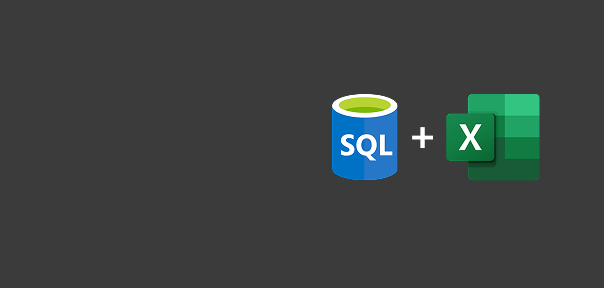

View Course

Included with Pro+ Subscription



View Course

Included with Pro+ Subscription
.png)
View Course

Included with Pro+ Subscription
.png)
View Course

Included with Pro+ Subscription
.png)
View Course

Included with Pro+ Subscription

View Course

Included with Pro+ Subscription
.png)
View Course

Included with Pro+ Subscription
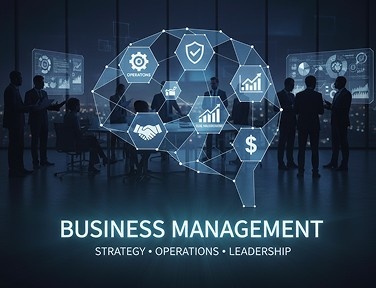
View Course

Included with Pro+ Subscription
 (1).jpg)
View Course

Included with Pro+ Subscription
.png)
View Course

Included with Pro+ Subscription

View Course

Included with Pro+ Subscription

View Course

Included with Pro+ Subscription

View Course

Included with Pro+ Subscription

View Course

Included with Pro+ Subscription
.png)
View Course

Included with Pro+ Subscription
.png)
View Course

Included with Pro+ Subscription
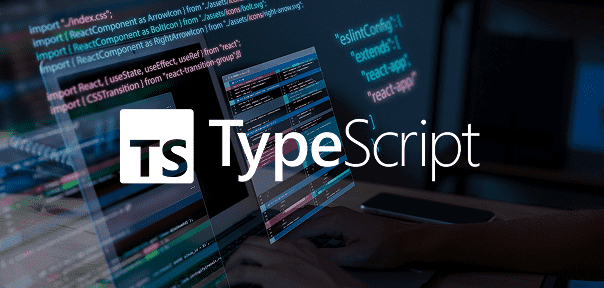
View Course

Included with Pro+ Subscription

View Course

Included with Pro+ Subscription
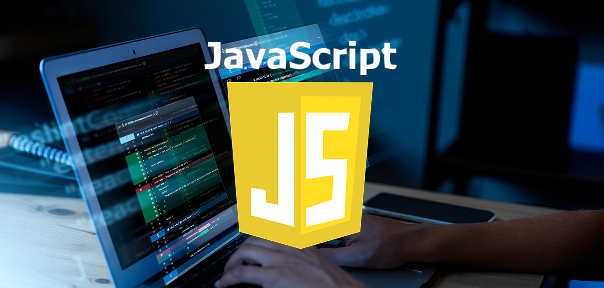
View Course

Included with Pro+ Subscription

View Course

Included with Pro+ Subscription


View Course

Included with Pro+ Subscription

View Course

Included with Pro+ Subscription


View Course

Included with Pro+ Subscription
 (1).png)
View Course

Included with Pro+ Subscription


View Course

Included with Pro+ Subscription

View Course

Included with Pro+ Subscription

View Course

Included with Pro+ Subscription
.png)
View Course

Included with Pro+ Subscription

View Course

Included with Pro+ Subscription

View Course

Included with Pro+ Subscription
.png)
View Course

Included with Pro+ Subscription
.png)
View Course

Included with Pro+ Subscription

View Course

Included with Pro+ Subscription

View Course

Included with Pro+ Subscription

View Course

Included with Pro+ Subscription



.png)
View Course

Included with Pro+ Subscription


.png)

View Course

Included with Pro+ Subscription


View Course

Included with Pro+ Subscription



View Course

Included with Pro+ Subscription

View Course

Included with Pro+ Subscription
.jpg)
View Course

Included with Pro+ Subscription


View Course

Included with Pro+ Subscription

View Course

Included with Pro+ Subscription

View Course

Included with Pro+ Subscription

View Course

Included with Pro+ Subscription
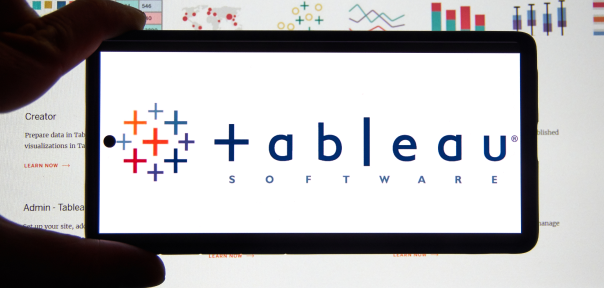
View Course

Included with Pro+ Subscription
.png)
View Course

Included with Pro+ Subscription
Popular


View Course

Included with Pro+ Subscription

View Course

Included with Pro+ Subscription
.jpg)
View Course

Included with Pro+ Subscription


View Course

Included with Pro+ Subscription


View Course

Included with Pro+ Subscription

View Course

Included with Pro+ Subscription

View Course

Included with Pro+ Subscription

View Course

Included with Pro+ Subscription
Microsoft Courses


View Course

Included with Pro+ Subscription


View Course

Included with Pro+ Subscription


View Course

Included with Pro+ Subscription


View Course

Included with Pro+ Subscription


Management

View Course

Included with Pro+ Subscription
.png)
View Course

Included with Pro+ Subscription
.png)
View Course

Included with Pro+ Subscription
.png)
View Course

Included with Pro+ Subscription

View Course

Included with Pro+ Subscription
.png)
View Course

Included with Pro+ Subscription

View Course

Included with Pro+ Subscription
 (1).jpg)
View Course

Included with Pro+ Subscription
.png)
View Course

Included with Pro+ Subscription
IT & Software

View Course

Included with Pro+ Subscription

View Course

Included with Pro+ Subscription

View Course

Included with Pro+ Subscription

View Course

Included with Pro+ Subscription
.png)
View Course

Included with Pro+ Subscription
.png)
View Course

Included with Pro+ Subscription

View Course

Included with Pro+ Subscription

View Course

Included with Pro+ Subscription

View Course

Included with Pro+ Subscription

View Course

Included with Pro+ Subscription


View Course

Included with Pro+ Subscription

View Course

Included with Pro+ Subscription


View Course

Included with Pro+ Subscription
 (1).png)
View Course

Included with Pro+ Subscription


View Course

Included with Pro+ Subscription

View Course

Included with Pro+ Subscription

View Course

Included with Pro+ Subscription
Cyber Security
.png)
View Course

Included with Pro+ Subscription

View Course

Included with Pro+ Subscription

View Course

Included with Pro+ Subscription
.png)
View Course

Included with Pro+ Subscription
.png)
View Course

Included with Pro+ Subscription
Cloud Computing

View Course

Included with Pro+ Subscription

View Course

Included with Pro+ Subscription

View Course

Included with Pro+ Subscription



.png)
View Course

Included with Pro+ Subscription


.png)

View Course

Included with Pro+ Subscription
AI & Generative AI


View Course

Included with Pro+ Subscription



View Course

Included with Pro+ Subscription

View Course

Included with Pro+ Subscription
.jpg)
View Course

Included with Pro+ Subscription
Data Science & ML


View Course

Included with Pro+ Subscription

View Course

Included with Pro+ Subscription

View Course

Included with Pro+ Subscription

View Course

Included with Pro+ Subscription

View Course

Included with Pro+ Subscription
.png)
View Course

Included with Pro+ Subscription
Subscribe to Academy Pro+ & get exclusive features
$25/month
No credit card required
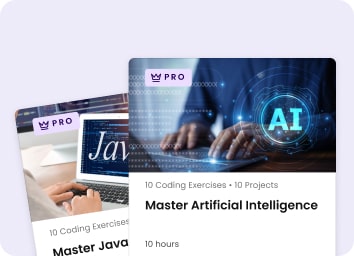
Learn from 40+ Pro courses
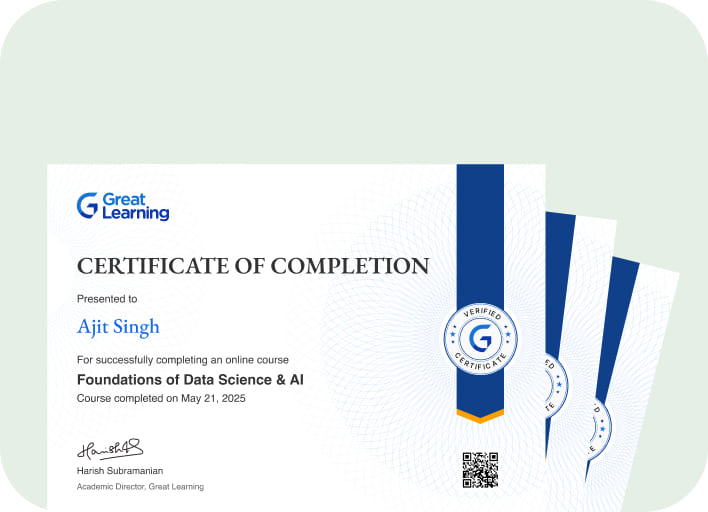
Access 500+ certificates for free
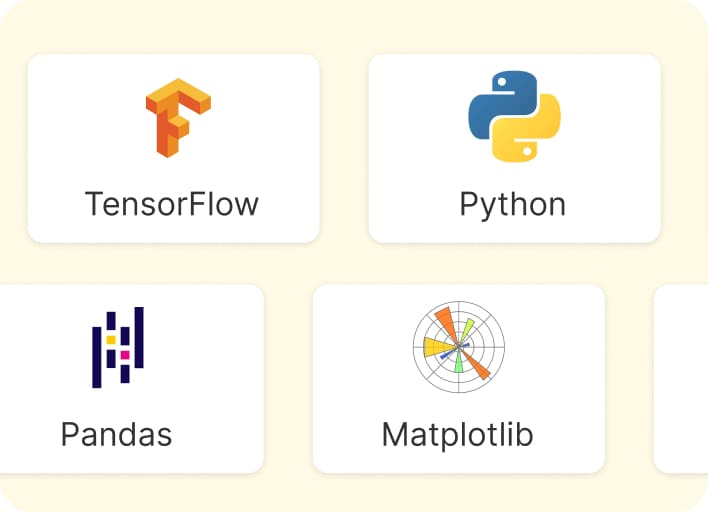
Practice coding exercises & guided projects
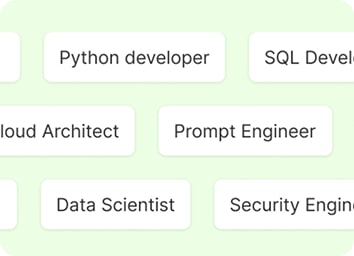
Prep with AI mock interviews & resume builder
Recommended Free Management courses




Similar courses you might like

.jpg)


Related Management Courses
-
Personalized Recommendations
Placement assistance
Personalized mentorship
Detailed curriculum
Learn from world-class faculties
50% Average salary hike -


Great Lakes Executive Learning
PGP in Strategic Digital Marketing6 Months · Online · Weekend
Dedicated Career SupportKnow More





